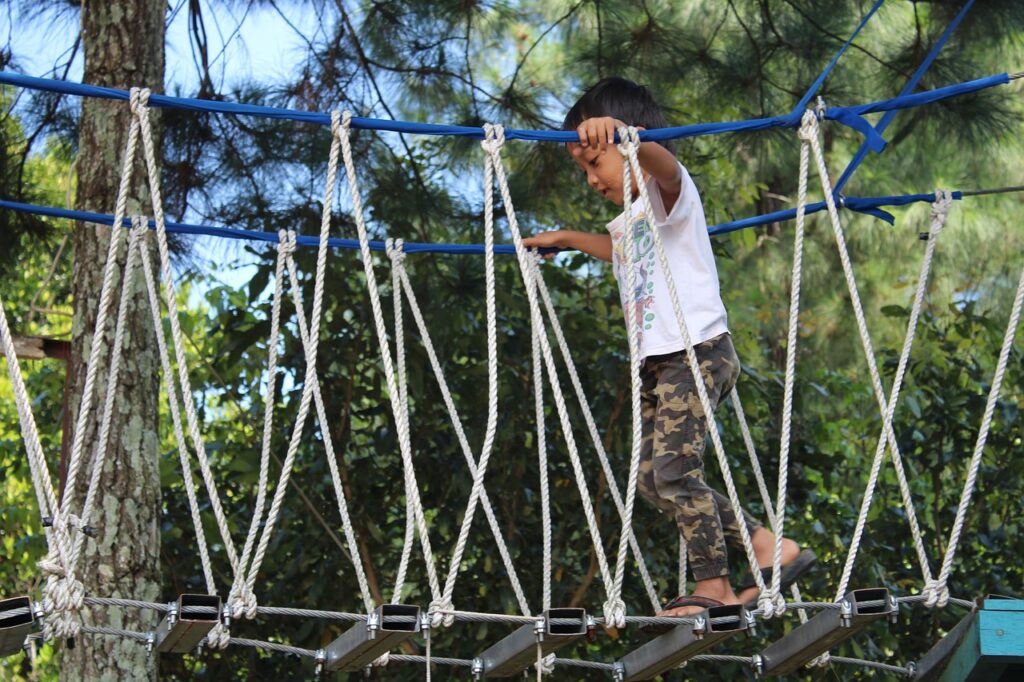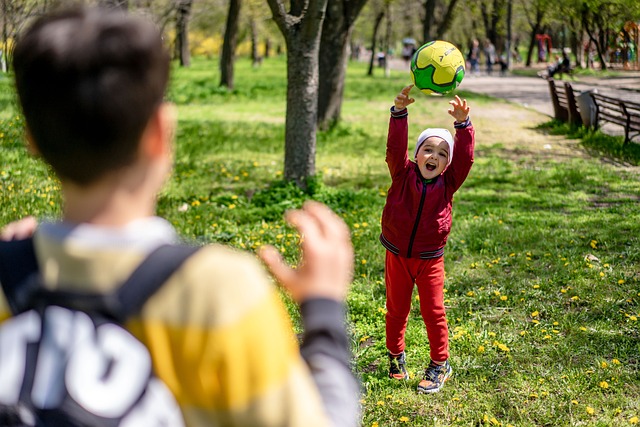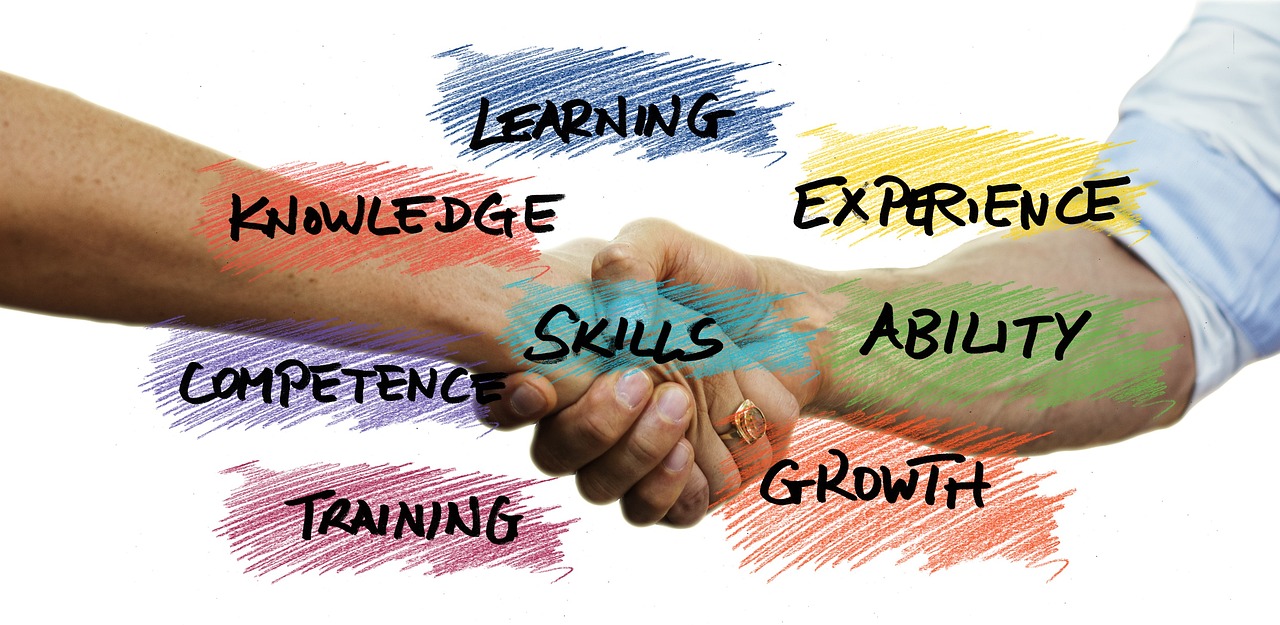
The Importance of Social Skills Education in Child Development
Developing strong social skills is a critical aspect of a child’s growth. Social skills education provides children with the tools they need to interact effectively with others, build meaningful relationships, and navigate social settings confidently. From early childhood, children must learn how to communicate, cooperate, and resolve conflicts—skills that are vital not only for personal well-being but also for future success in life.
At Reliefamily.com, we understand the importance of teaching social skills from an early age and the long-term benefits it has on emotional and social development. This article explores the key elements of social skills education and how parents and caregivers can nurture these abilities in their children.
Why Social Skills Matter in Early Childhood

Social skills are the building blocks of healthy relationships. They include a wide range of behaviors, such as communication, active listening, empathy, problem-solving, and the ability to understand social cues. Children with strong social skills are better equipped to form friendships, work well in groups, and manage their emotions in social situations.
- Communication Skills: One of the most important aspects of social skills is the ability to communicate effectively. Children need to learn how to express their thoughts, feelings, and needs clearly, both verbally and non-verbally. Encouraging children to use words to express emotions instead of reacting impulsively helps them build confidence in social interactions.
- Empathy and Understanding Others: Empathy—the ability to understand and share the feelings of another—is a core element of social competence. Teaching children how to recognize the emotions of others helps them build stronger connections and reduces conflict. Practicing role-playing games or reading stories where characters experience different emotions can help children develop a sense of empathy.
- Problem-Solving and Conflict Resolution: As children grow, they will inevitably encounter conflicts with peers. Social skills education teaches children how to approach these situations with a problem-solving mindset. By learning to compromise, negotiate, and find peaceful solutions to disputes, children gain the tools to handle future conflicts in a mature and constructive manner.
How to Teach Social Skills to Children

Parents and educators play a vital role in helping children develop strong social skills. Here are some effective strategies to incorporate social skills education into daily life:
- Modeling Positive Behavior: Children often learn social behaviors by observing the adults around them. As a parent or caregiver, modeling positive social interactions—such as polite conversation, respectful listening, and conflict resolution—teaches children how to behave in similar situations. Children are more likely to mimic the behaviors they see regularly.
- Encouraging Group Play: Social interactions with peers are essential for developing social skills. Organize group play activities, whether it’s at the park, in a classroom, or during playdates. In these settings, children learn how to cooperate, share, and take turns. Engaging in cooperative games also promotes teamwork and collaboration.
- Role-Playing Scenarios: Practicing different social scenarios through role-playing is a great way for children to learn appropriate responses to various situations. Whether it’s taking turns, asking for help, or resolving a disagreement, role-playing helps children feel more comfortable in social interactions and prepares them for real-life situations.
- Positive Reinforcement: Recognizing and praising good social behavior encourages children to continue developing their social skills. Whether it’s complimenting them for sharing toys or for their polite manners, positive reinforcement boosts their confidence and motivates them to practice their social skills further.
Avoiding Common Pitfalls in Social Skills Education
While teaching social skills, it’s important to avoid certain pitfalls. For instance, parents should refrain from stepping in too quickly to resolve conflicts. Children need opportunities to navigate social challenges independently. Additionally, over-scheduling structured activities can limit free play, which is crucial for developing creative social skills. Allowing children unstructured time to explore and engage with peers promotes natural learning and fosters deeper social bonds.
Conclusion
Social skills education is crucial for helping children thrive in their relationships, both in childhood and adulthood. By teaching children effective communication, empathy, and problem-solving skills, parents and educators can set the foundation for strong social competence. Incorporating positive reinforcement, role-playing, and cooperative play into daily routines ensures that children develop the skills they need to navigate the world confidently and build healthy, lasting relationships.

